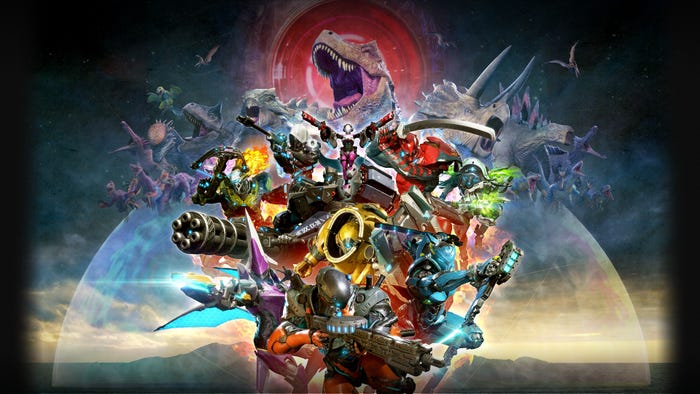Epic, BioWare: Polish Procured From Prudent Project Planning
In a <a href="http://www.gamasutra.com/view/feature/4223/the_art_of_game_polish_developers_.php">new Gamasutra feature article</a>, developers from Epic, BioWare, and more discuss the ins and outs of adding polish to games -- and why scheduling is crucial
December 22, 2009

Author: by Staff
Achieving a pristine coat of polish on a video game is a tricky affair, but in a new Gamasutra feature article, several developers came to a consensus that the single most important factor in that process is proper project scheduling. "A team achieves polish by allocating time in the schedule for polish, understanding its quality bar and by playing the game over and over. Too often you see polish time as the buffer time in a project schedule, which doesn't really work," says Epic executive producer Rod Fergusson. "Buffer time is required to deal with uncertainty, and even though the quantity of polish required is often uncertain when you're early in your scheduling, those two uncertainties are not the same thing. And once that schedule is laid out, deviating too much from it can negatively impact the ability to add polish later on, he warns: "Changes in scope, schedule and resources will eat your buffer time, and you'll still want to have dedicated time outside of that for doing nothing but making the game better through polishing." BioWare technical director Ross Gardner agrees, adding that on the design side, keeping the game's scope reined in is crucial. "Games that start out to do one thing and just do that thing, and then go with that all the way to the end -- that's sort of the ideal scenario," says Gardner. "The more meandering you do along the way -- like, 'Well, maybe let's make this type of game,' or 'Let's do this type of thing,' or 'Let's add multiplayer,' or "Let's remove multiplayer' -- those kinds of kinds of changes made along the way, depending on how they're done, can cause you to waste huge amounts of time and lead to an unpolished product." "The game industry is so different from some of the other industries out there. It's so competitive," Gardner points out. "Something that really works now, two years later it might not work at all." The full article, which includes further comments from Gardner and Ferguson as well as developers at Obsidian and Robomodo, delves into the details of the polish phase itself, the sometimes-necessary reality of game delays, and more. It is now available to read on Gamasutra.
Read more about:
2009You May Also Like











